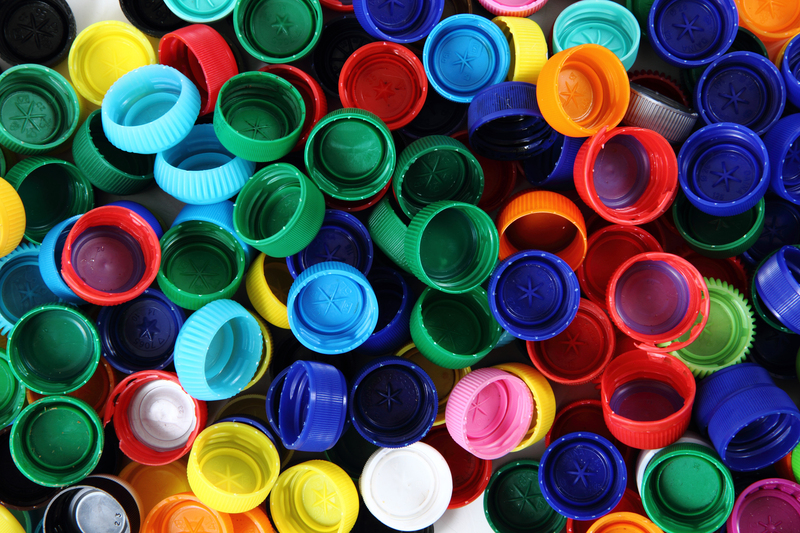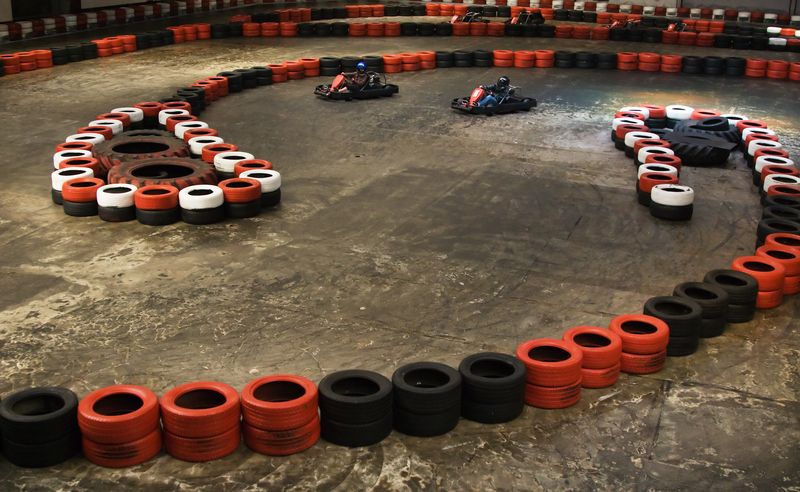Getting Rid of Hard Rubbish: Tips and Techniques
Disposing of hard rubbish can often be a daunting task. From old furniture to broken appliances, these items take up valuable space and can be challenging to manage. Fortunately, there are several strategies and solutions available to effectively handle this cumbersome task. In this article, we'll explore some of the best methods for getting rid of hard rubbish while being environmentally conscious and efficient.
Understanding Hard Rubbish
Hard rubbish refers to large items that cannot be disposed of through regular waste collection services. This typically includes items like:
- Worn-out furniture
- Old mattresses
- Broken appliances
- Scrap metal
- Unwanted electronics
It's important to recognize what constitutes hard rubbish so you can plan for proper disposal.

Environmental Impact of Improper Disposal
Improper disposal of hard rubbish can have significant negative effects on the environment. Hard rubbish often ends up in landfills, contributing to pollution and resource wastage. Moreover, certain materials found in electronics and appliances can be harmful if they leach into the ground. Thus, it is vital to employ responsible disposal methods.
Tip 1: Recycling and Repurposing
One optimal method to handle unwanted items is to recycle or repurpose them. Many components of hard rubbish, such as metal, plastic, and glass, are recyclable. Here are some steps to recycle effectively:
- Identify recyclable materials: Break down items into recyclable components.
- Utilize local recycling centers: Take materials to facilities that accept the specific items you have.
- Follow regulations: Ensure you adhere to local recycling guidelines to prevent contamination and penalties.
Additionally, consider repurposing furniture and other items into something useful around your home. This not only reduces waste but can also lead to creative projects!
Tip 2: Donating Items
If you have household items that are still in a reasonable condition, consider donating them. Various charities and organizations accept donations of furniture, appliances, and more. Here's how you can proceed:
- Assess item condition: Ensure the items are clean and in working order.
- Research local charities: Find organizations that accept specific types of hard rubbish.
- Organize pick-up if available: Some charities offer collection services, making the process convenient.
Donating is a win-win; it helps those in need and reduces the burden on the environment.
Tip 3: Engaging with Municipal Collection Services
Many townships offer hard rubbish collection services as part of their waste management programs. To take advantage of these services, you should:
- Check schedules: Confirm when hard rubbish collections occur in your area.
- Understand limits: Be aware of any restrictions on the types or amount of rubbish you can dispose of.
- Prepare items properly: Ensure items are correctly placed for pick-up according to guidelines.
Taking full advantage of municipal services can simplify the disposal process significantly.
Tip 4: Hiring Professional Rubbish Removal Services
If dealing with hard rubbish yourself seems overwhelming, consider hiring professional removal services. These companies specialize in disposing of large, bulky items and ensure proper handling and recycling:
- Research providers: Look for reputable companies with good customer reviews.
- Inquire about disposal methods: Choose providers committed to recycling and ethical waste management.
- Get quotes: Compare prices to find a service that fits your budget.
Professional services offer an easy and hassle-free way to declutter your space.

Legal Implications of Illegal Dumping
Engaging in illegal dumping of hard rubbish is not only unethical but also carries legal consequences. Many areas impose hefty fines and penalties for those caught discarding waste in unauthorized locations. Adhere to local laws and regulations to avoid these issues.
Tip 5: Organizing a Community Cleanup
Sometimes, a collaborative effort is more effective. Organize a community cleanup day where residents can collectively address the issue of hard rubbish. Here's how you can execute it:
- Coordinate with local councils: Work together for support and resources.
- Invite participation: Encourage residents to partake actively in the cleanup.
- Arrange for collection: Ensure proper disposal arrangements are in place post-collection.
Community efforts not only tackle hard rubbish but also foster a sense of unity among residents.
Your Role in Sustainability
Each person has a responsibility to reduce waste and practice sustainable living. By being mindful of how we dispose of hard rubbish, we contribute to environmental conservation and resource management. Adopt best practices and lead by example!
Getting rid of hard rubbish doesn't have to be overwhelming. With the right knowledge and resources, you can dispose of large waste items responsibly and efficiently. By considering recycling, donating, utilizing municipal services, or hiring professionals, you take steps towards a cleaner, greener future. Remember, sustainability starts with each one of us making informed choices today.